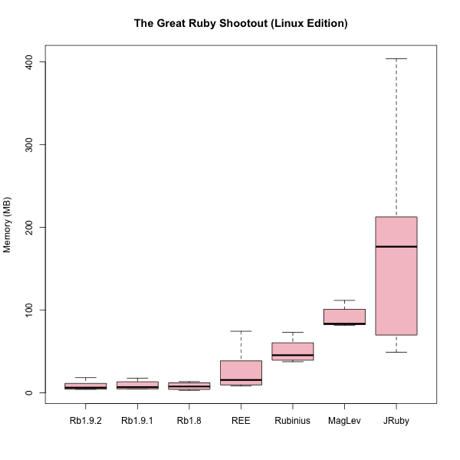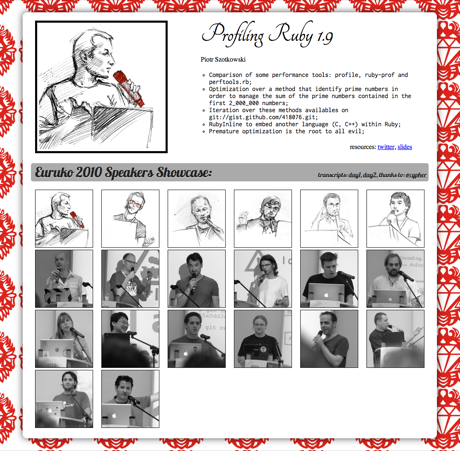It’s been a couple of months since the last job round up but the Ruby Inside job board has been hopping! There are 14 live listings to go over today and they’re not all in San Francisco. Jobs in Denver and Maryland bring in a bit of interesting variety.
A tweak to the format now that Ruby Inside has gone all “tumblelog” on you: I’ve decided not to include blurbs about every job in the listings since if you’re interested in a company or the location is suited to you, you’re going to click through and read the extended information anyway. Read More










